FTM: How to Deal with Scars After Top Surgery
Female-to-male surgery, commonly called FTM surgery or top surgery, is an operation used for reshaping the chest and making it look more like that of a man.
In this respect, it is an essential process of transformation that transgender people undertake to change their physical attributes by their respective genders.
For transmen to undergo FTM surgery, several types of surgeries should be considered, which have different benefits as well as risks.
The most popular kinds of FTM procedure include keyhole cuts, peri-areolar cuts, and double cuts.
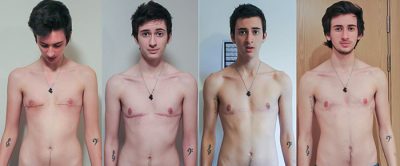
FTM surgery majorly involves the removal of breast tissues and excess skin from the upper part of the body to form a less protruded chest with a more masculine appearance.
It provides better body proportions in general besides reducing the gender dysphoria that results from a mismatch of gender identity with the assigned sex at birth.
Despite the considerable benefits of the FTM procedure, it inevitably leaves scars on the body, something that is unavoidable.
So, what can be done to minimize or even get rid of the scars?
FTM Top Surgical Scars
Similarly, FTM top surgery is associated with scars, like any other surgical process.
Depending on the surgical technique, this scarring can occur differently in shape and placement.
Many FTM top surgery operations use various incision patterns that subsequently cause distinctive scar patterns.
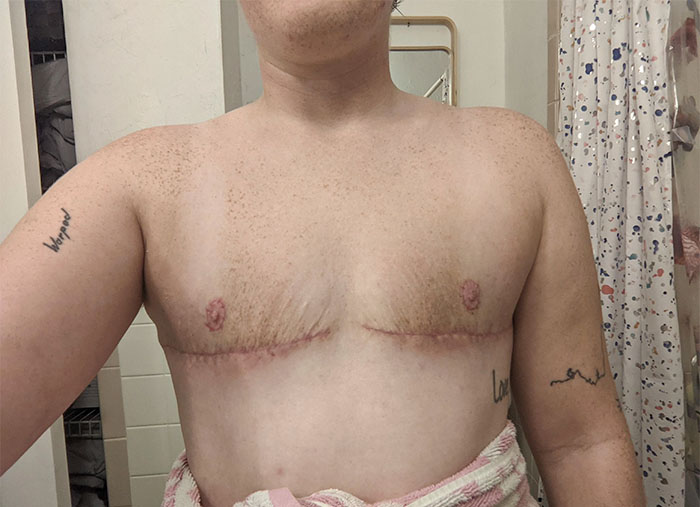
Keyhole Incisions
The incisions are ideal for patients having smaller to medium-sized breasts and little or no breast masses and are commonly used in keyhole incisions.
In this process, there is a creation of a tiny cut near the nipple that allows for the elimination of extra breast tissue.
The nipple-areola complex is reset to obtain a more masculine look.
The keyhole incisions also produce minimal scarring as they trace around the peripheral margin of the areola, hiding most of the scar from notice.
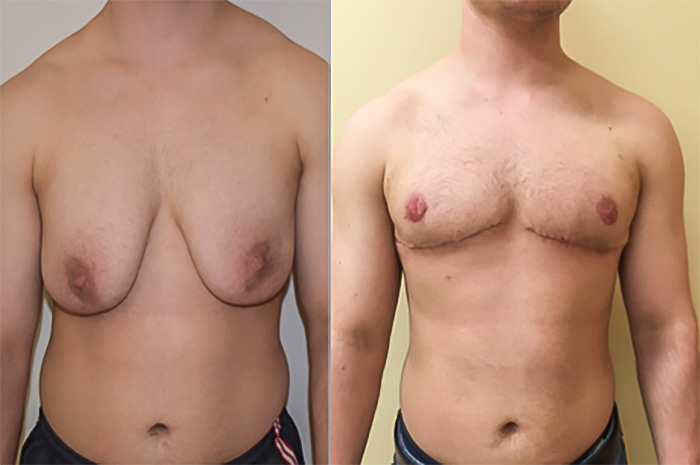
Peri-Areolar Incisions
Keyhole incision is almost the same as peri-areolar incisions, also called circumareolar incisions, suitable for people with moderate amounts of breast tissue.
This process involves making an arc-shaped cut from the bottom part of the areola toward the lower section of the breast.
This incision allows excess breast tissue to be removed and the nipple-areola complex relocated to achieve a more male look.
In most cases, such a scar is not easily noticeable since it fades nicely into the shape around the areola’s border.
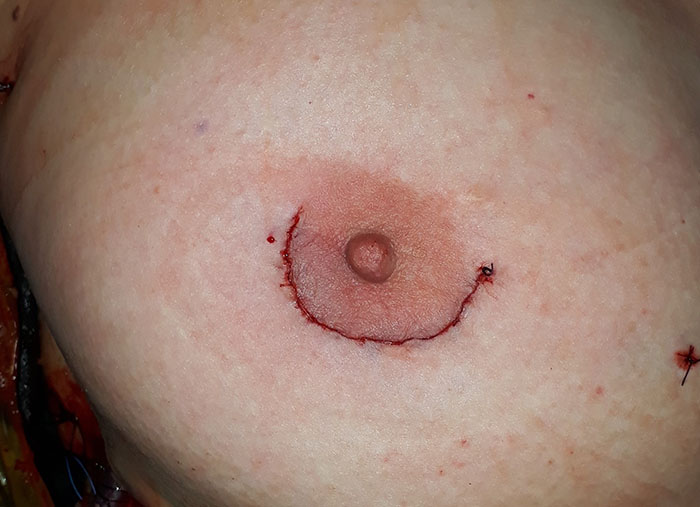
Double Incisions
It is also known as bilateral mastectomy and is done on a more prominent chest that has lots of excessive fat.
The operation is performed by cutting two horizontal lines: one under the breast at a point known as the inframammary fold and the other parallel to it a few inches high above the point known as the axilla.
The surgeon proceeds to make incisions through which the excess breast tissue is removed, followed by reshaping of the remaining skin to form a masculine look.
These scars are more prominent and span the entire chest circumference, but clothes or tattoos usually hide them.
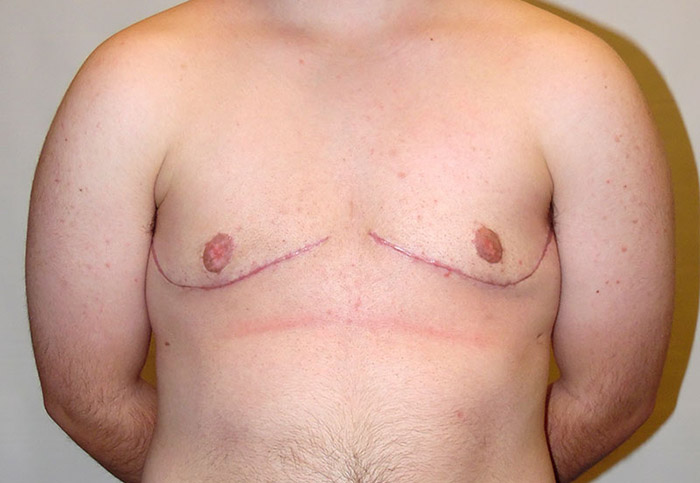
How to Prevent and Minimize Surgical Scars
While it is impossible to avoid surgical scars altogether, various methods exist to reduce their visibility and enhance healing quality.
You may consider using the tips below to minimize your scar:
Avoid Smoking as Much as Possible During Recovery
It is worth noting that smoking has adverse effects on wound healing and further complications after this surgery.
It contracts blood vessels, limiting blood supply in the operative site and denying the affected area necessary nutrients and oxygen.
It will lead to prolonged wound closure and poor scar formation.
The healing outcome and scar formation are improved by avoiding smoking before and after surgery.
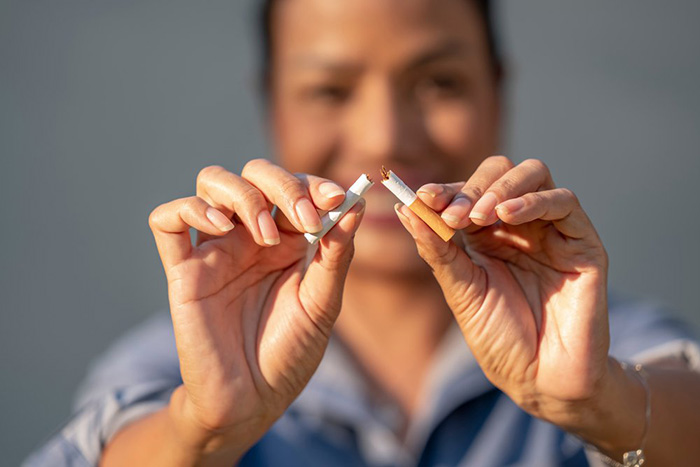
Adopt a Healthier Diet Before and After Surgery
Good nutrition constitutes an essential factor in wound healing and collagen synthesis.
It is essential to consume foods containing protein, zinc, and vitamin C that aid in the development of healthy scar tissues.
You may also consider eating lean meats, fish, dairy products, beans, nuts, fruits, and vegetables for optimal healing.

Scars Massage
Light scar massage aids in increasing blood flow, breaking down scar tissues, and thus leads to supple wound healing, improving their appearance.
It is recommended to apply a fragrance-free moisturizer or a scar gel and massage a scar for a few minutes daily.
Your surgeon can then assist with the scarring on the incisions once they are completely healed to soften them into a flat appearance over time.
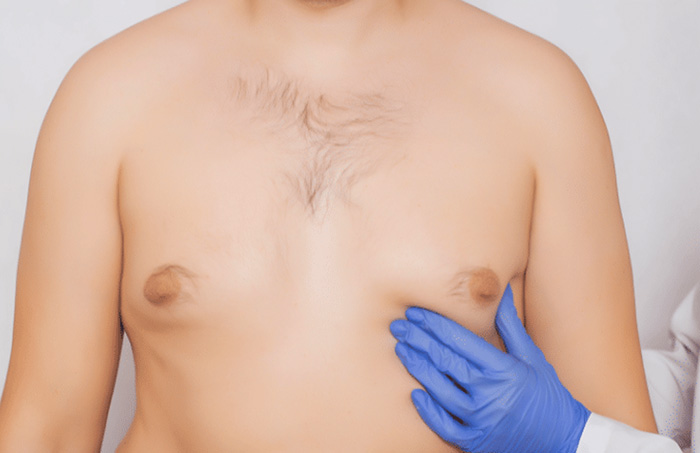
Use Silicone Sheets or Gels
Routine application of silicone sheets or gels will help minimize the appearance of scars.
They provide a moisturizing layer over a scar to facilitate optimal healing conditions.
According to this, you should use only certain types of silicone sheets /gels following the recommendations provided by a surgeon.
These products can also be bought without a prescription and used as indicated on their labels.
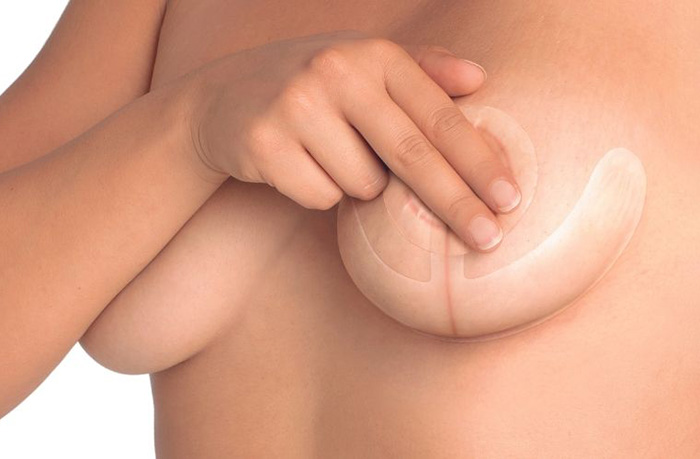
Avoiding Sunlight On the Scars
Some scars darken when you expose them to the sun.
Therefore, you should cover your scars with sun-protective clothing or sunscreen with an SPF as high as 30 to prevent UV rays exposure.
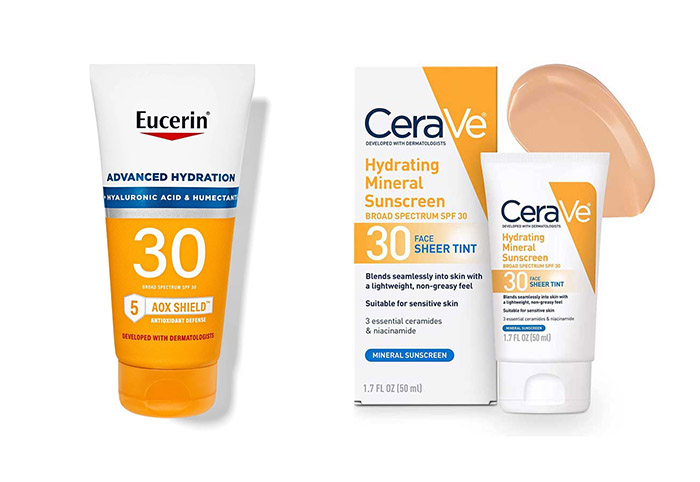
Maintain a Healthy Lifestyle
In addition, leading a healthy lifestyle may promote good wound healing to ensure a better scar appearance.
Make sure you have enough sleep, exercise as advised by the surgeon since it enhances blood circulation, keep up with stress management activities, and use the recommended skin care procedures to promote the recovery process.

Mechanical Scars Reduction Therapy
Some mechanical methods that help reduce scar appearance are also utilized in mechanical scar reduction therapy.
These can be in the shape of silicone gel sheets, compression garments, silicon-based scar creams, and specific massaging tools that are used to decrease scar tissue and stimulate fresh collagen synthesis.
However, before settling on the process, you should seek assistance from a medical practitioner in choosing suitable mechanical scar reduction therapies for your needs.
In addition to these scar management techniques, there are other options available for you in case you are dissatisfied with the appearance of your scars:
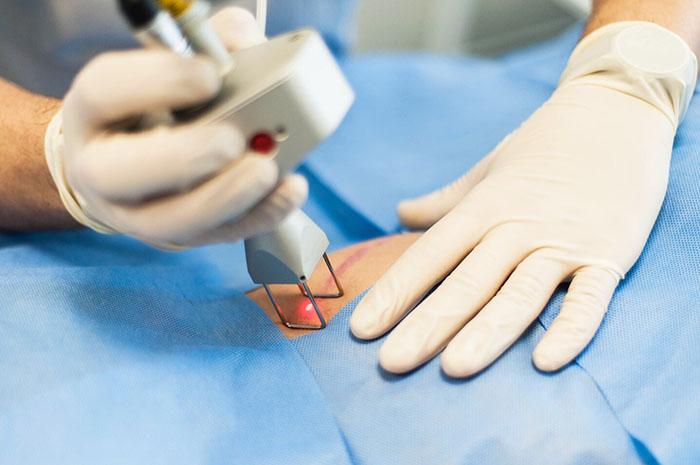
The doctor makes a laser correction of the scar on the skin.
Through Surgery
The scar may require some form of secondary surgery to heal correctly or if its appearance distresses patients.
The revision surgery involves the removal of the scar tissue and re-approximating the skin to achieve a better scar result.
Nevertheless, you should consult an experienced surgeon to know whether you need another surgery, depending on your condition.
Steroid Injections
Steroid injections may be used to soften scar tissue and lessen formation of scars.
A large dose of corticosteroids is injected into the scar tissue, leading to decreased inflammatory reaction and subsequent softening and flattening of scars.
This treatment should, therefore, only be undertaken by qualified medical practitioners using multiple injections.
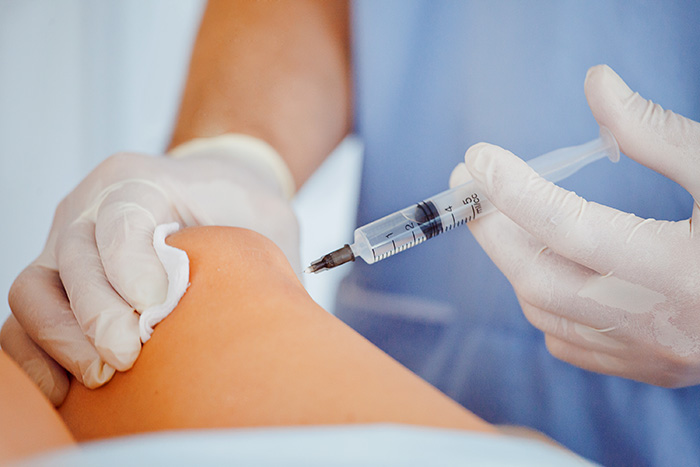
Laser Scar Removal
Laser scar removal is an efficient and non-invasive method in which laser technology aims to destroy abnormal collagen tissue selectively.
It enhances collagen development, which leads to the development of new and healthy skin, replacing scar tissue.
While laser scar removals can dramatically improve the look of scars in terms of texture and color, they could also need several treatments for success.
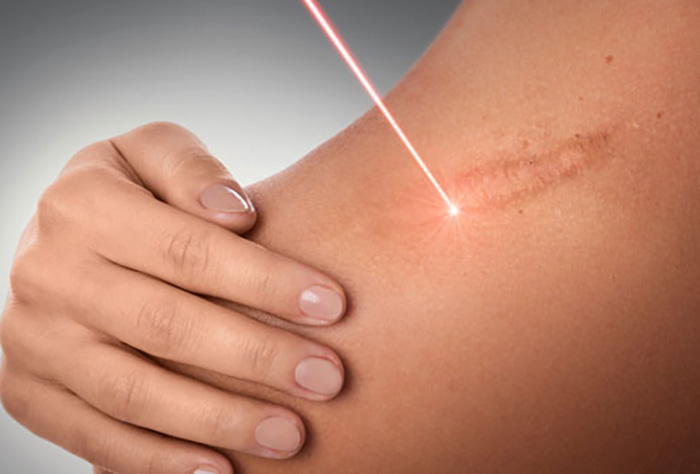
Microdermabrasion
Microdermabrasion is also a non-invasive procedure aimed at gently scraping off the layer of superficial dead cells off the skin using tiny particles or a diamond-coated tip.
It may be possible to peel off the top layer of skin and any scar issue that causes it.
In this way, there will be a chance for healthy cells to grow and flourish.
Significant improvement of a scar occurs only in multiple sessions.
Microdermabrasion is a much less intrusive process, which may require repeated visits to produce optimal outcomes.
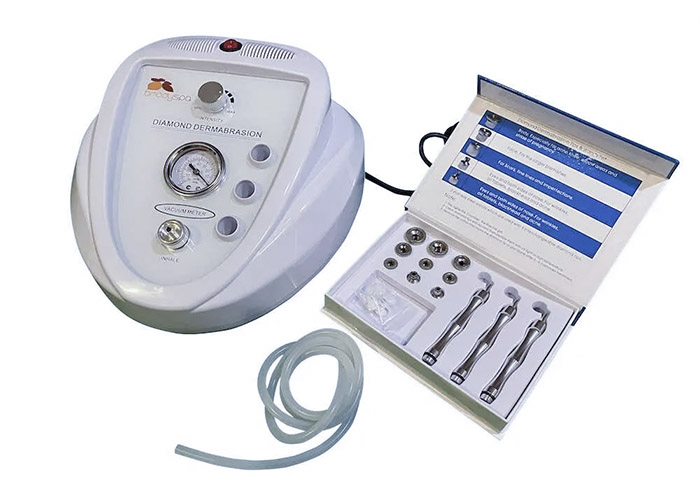
Medical Needling
One of the medical options for treating scars is medical needling or collagen induction therapy/ micro-needling.
The process leads to healing, promotes collagen formation, and re-modeling of scars.
Medically induced needling is found helpful in treating scars for a better look.
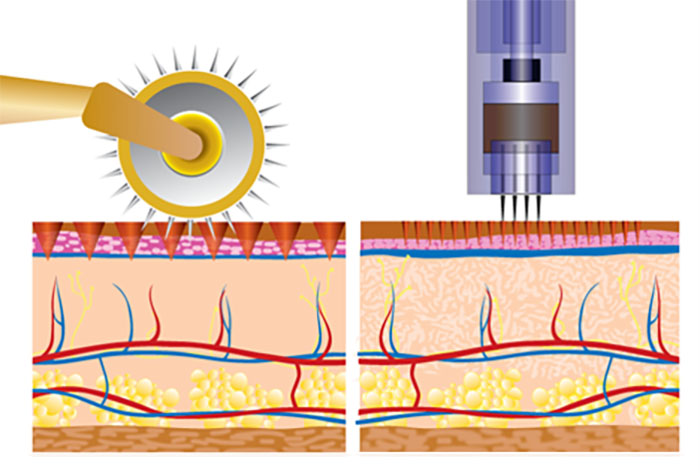
Top Surgery Scars FAQs
Finding more information about Top surgery and how to minimize surgical scars will help you fight the scars. Here are the frequently asked questions concerning top surgery:
Will scars disappear completely?
Although surgical procedures, as well as some other scar management methods, can eradicate the visible appearance of a scar, you cannot expect all marks on your body to be gone totally.
By implementing good scar management strategies and appropriate wound care, you may significantly reduce scar formation.
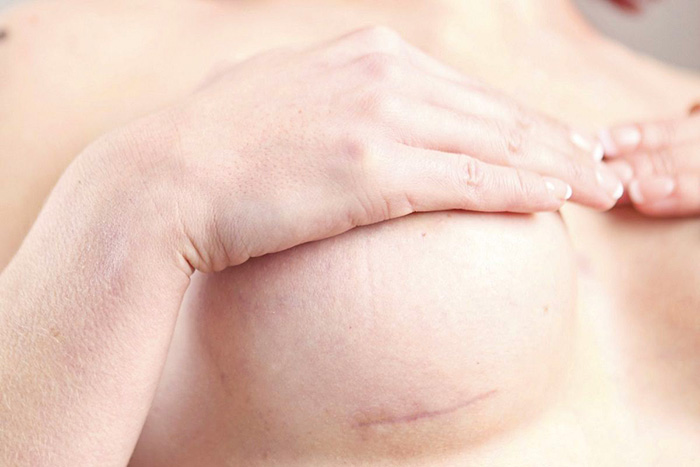
Can I have revision surgery to improve the appearance of the scar?
Yes, nonetheless, you should not fail to consult a competent surgeon who will recommend what to do depending on your circumstances.
What if my scars grow or become a lump?
It is essential to seek medical advice when a scar grows into a hypertrophic or keloid scar.
The doctors can prescribe for you scar reduction therapies like steroid injections or lasers, which will help in flattening and smoothing over the scar.

Conclusion
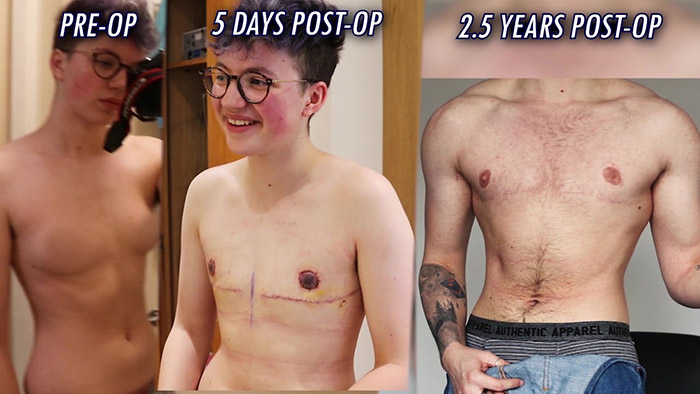
In conclusion, FTM top surgery can be regarded as one of the essential operations if you want to make your bodily attributes appropriate to your sexual personality.
Surgical scars are an unavoidable part of the process, which may be minimized using different strategies.
Good surgical follow-up and proper scar management will go a long way in ensuring you get the best results and increase satisfaction with surgical outcomes.

 Basic Packers
Basic Packers Pack & Play
Pack & Play STP
STP